With its Beyond 100 plan in place, a strategy for five new EVs in five years from 2025 and record annual sales in 2021, Bentley is on a roll. We spoke to chairman Adrian Hallmark during an Autocar Business seminar to find out more.
You’ve confirmed Bentley’s first EV will be built in Crewe. Was it ever not going to be?

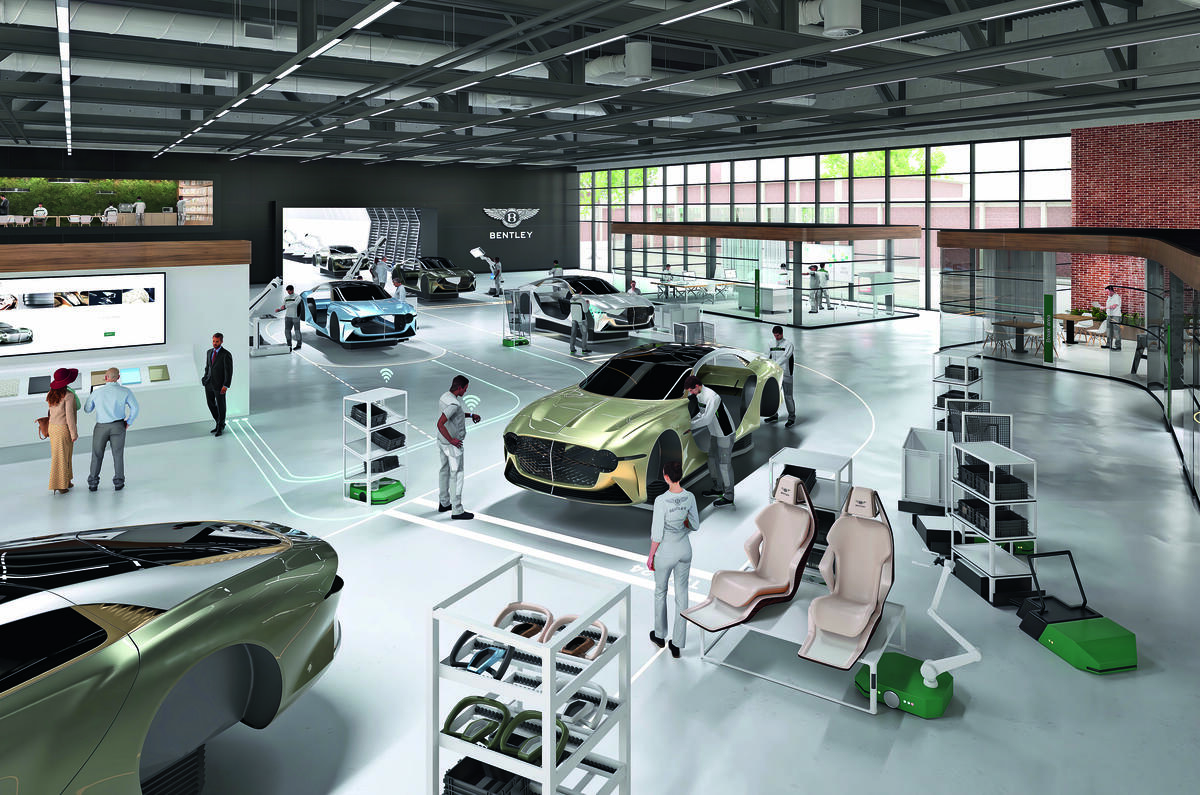
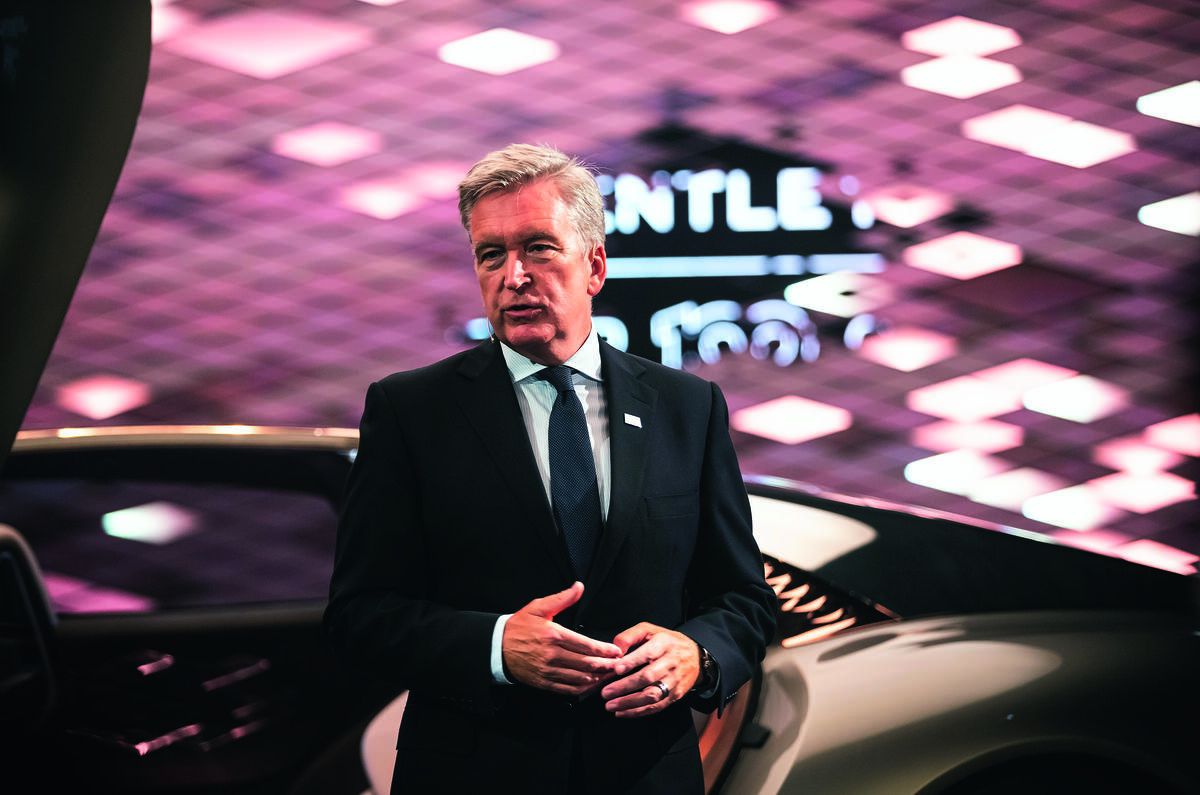
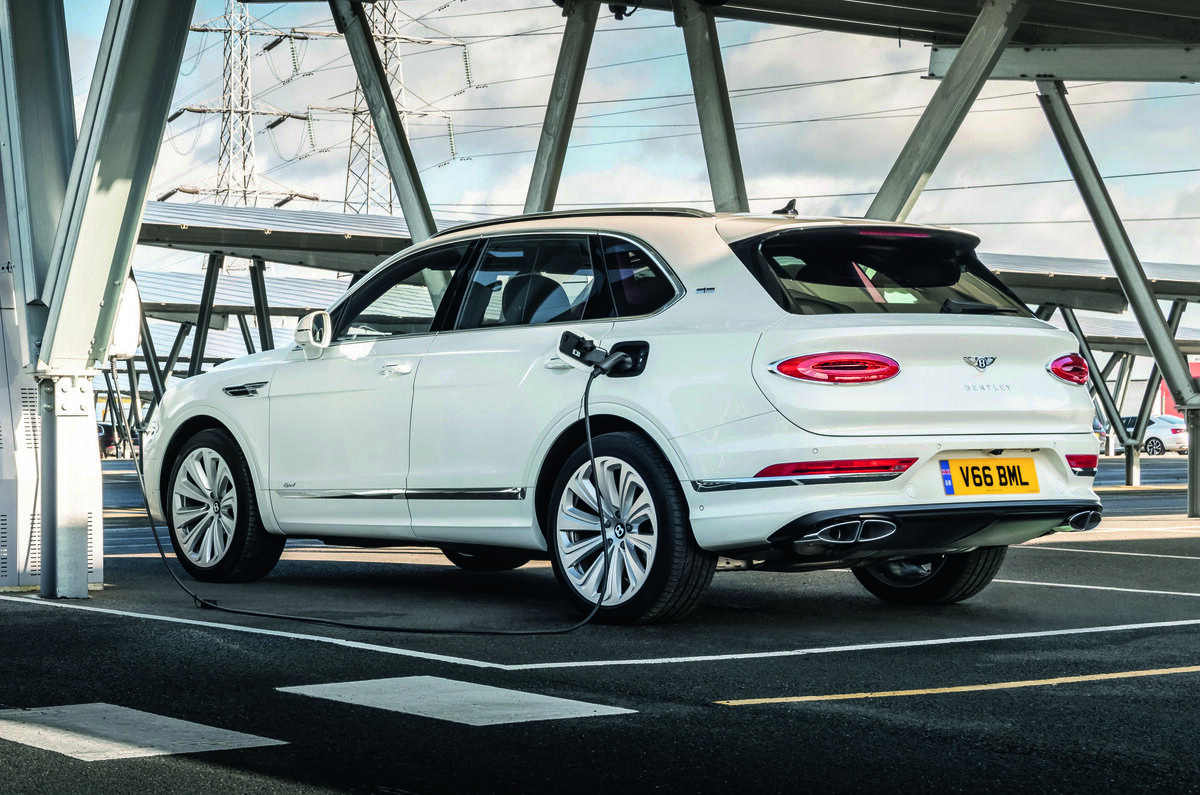
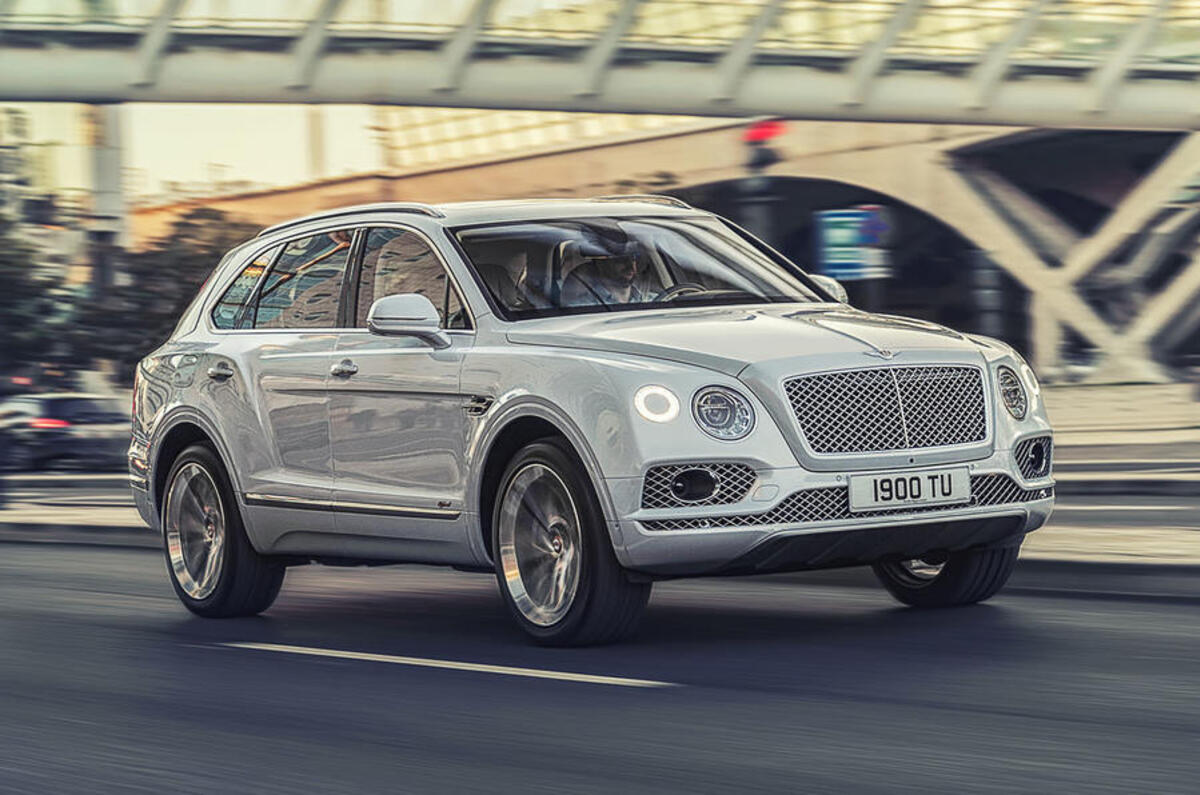
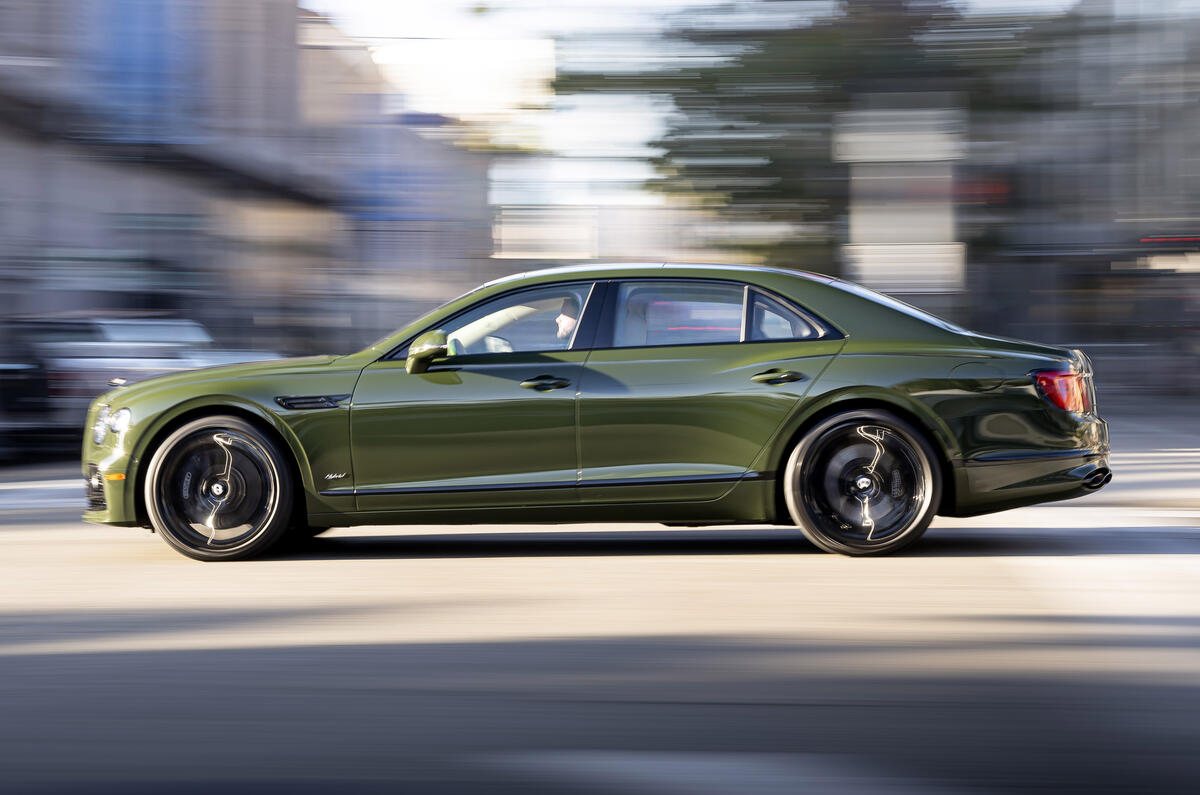
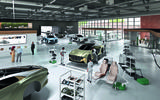

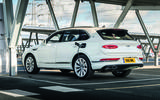

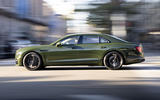


Add your comment